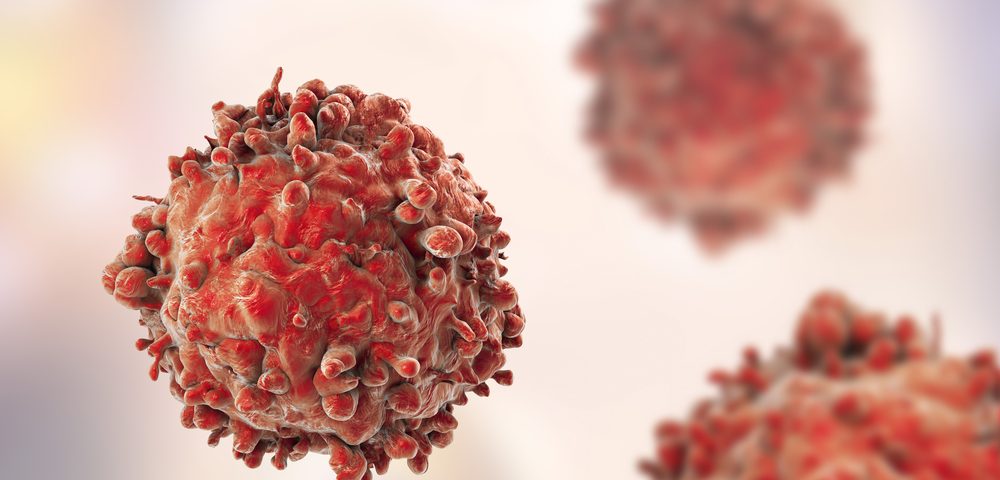A new chimeric antigen receptor (CAR) T-cell therapy derived from induced pluripotent stem cells (iPSCs) has been transferred to Takeda from the Center for iPS Cell Research and Application (CiRA) at Kyoto University to prepare for clinical testing.
Under the terms of the collaboration, Takeda shall retain the rights to develop and commercialize the product worldwide, while CiRA will be eligible to receive royalties for each development and approval milestone achieved. Both parties have agreed to continue working together while preparing for the 2021 launch of the first iCART clinical trial.
Autologous CAR T-cell therapy is a type of immunotherapy in which researchers collect a patient’s T-cells — immune cells with anti-cancer activity — and engineer them to recognize and eliminate cancer cells. The treated cells are then returned to the patient to fight the tumor.
But first-generation autologous CAR T-cell therapies required researchers to collect blood samples from patients to isolate their own T-cells, making the process extremely slow and expensive.
The iPSC-derived CAR T-cell product (iCART) is a new type of CAR T-cell therapy based on the use of a cell bank of identical master IPS cells — fully matured cells that can be reprogrammed back to a stem cell state, where they are able to grow into any type of cell.
Unlike a patient’s own T-cells, IPS cells can be an immediate and renewable source for the large-scale and cost-effective production of off-the-shelf CAR-T therapies that can be adapted to suit each patient’s needs. So far, preclinical studies with iCART in animal models have shown these engineered cells have a strong anti-tumor activity.
The iCART program was originally developed by Shin Kaneko, MD, PhD, a researcher at CiRA and a Takeda advisor.
“The iCART program demonstrates the value of our T-CiRA collaboration — applying iPSC technology to develop new approaches to drug discovery and creating a bridge to transfer promising programs to Takeda to accelerate them toward clinical development and therapeutic use,” Shinya Yamanaka, MD, PhD, director of CiRA and T-CiRA, who received a Nobel Prize in 2012 for his groundbreaking iPSC research, said in a press release.
T-CiRA started in 2015 as a 10-year research collaboration program between Takeda and CiRA. Under the direction of Yamanaka Takeda, the program is supporting several projects led by researchers at CiRA and other facilities focused on developing cutting-edge clinical applications of IPS cells in immuno-oncology, heart disease, diabetes, neuro-psychiatric disorders, and incurable muscle diseases.
“The iCART program demonstrates our commitment to bringing transformational, next-generation CAR-T therapies to patients by applying our translational cell therapy engine. Of Takeda’s 12 CAR-T programs in development, iCART is one of five with planned first-in-human studies by 2021,” said Andy Plump, MD, PhD, president of Research and Development at Takeda.
Takeda’s translational cell therapy engine is designed to transfer experimental cell therapies to the clinic.


